Introduction
The role of AI in healthcare has become one of the most transformative forces reshaping modern medicine. Artificial Intelligence (AI) is no longer a futuristic concept—it is actively integrated into hospitals, clinics, and research institutions worldwide. From improving diagnostic accuracy to personalizing treatments, AI is revolutionizing the way healthcare providers deliver services.
In this blog, we will explore the applications, benefits, challenges, and future scope of AI in healthcare, highlighting how it is making medical care more accessible, affordable, and efficient.
What is AI in Healthcare?
AI in healthcare refers to the use of artificial intelligence technologies such as machine learning, natural language processing, and predictive analytics to support medical professionals. Instead of replacing doctors, the role of AI in healthcare is to assist them in decision-making, automate repetitive tasks, and enhance patient outcomes.
Importance of AI in Healthcare
The healthcare industry faces major challenges such as rising costs, shortage of skilled professionals, and the increasing demand for personalized treatment. Here’s where the role of AI in healthcare becomes vital:
Enhancing Diagnostic Accuracy – AI-powered imaging tools can detect diseases like cancer or pneumonia earlier than human eyes.
Reducing Costs – Automation and predictive analytics help reduce hospital expenses.
Personalized Medicine – AI algorithms design treatment plans tailored to individual patients.
Improved Access – AI chatbots and virtual assistants provide 24/7 medical advice, especially in rural areas.
Key Applications of AI in Healthcare
1. Medical Imaging and Diagnostics
One of the most impactful roles of AI in healthcare is medical imaging. Tools like IBM Watson Health and Google’s DeepMind analyze X-rays, CT scans, and MRIs faster than radiologists, detecting abnormalities with high precision.
2. Drug Discovery and Development
Developing new drugs is expensive and time-consuming. AI shortens this process by predicting how compounds will react in the body, identifying potential drug candidates, and even repurposing existing medicines.
3. Personalized Treatment
Every patient is different. AI helps doctors design treatment strategies based on genetic information, lifestyle, and medical history. This makes therapies more effective and reduces side effects.
4. Virtual Health Assistants
AI chatbots and voice assistants guide patients in scheduling appointments, monitoring vital signs, and reminding them to take medications. This is especially useful for chronic disease management.
5. Predictive Analytics for Patient Care
The role of AI in healthcare also extends to predicting health risks. AI models analyze patient data to forecast disease progression, allowing preventive care and reducing hospital readmissions.
6. Robotic Surgery
Robotic-assisted surgeries powered by AI provide greater precision, reduce human error, and improve recovery times. Surgeons can perform minimally invasive operations with better outcomes.
7. Hospital Operations and Administration
AI optimizes hospital workflows by managing patient records, automating billing, and even predicting bed occupancy. This reduces administrative burden and enhances efficiency.
Benefits of AI in Healthcare
Faster Diagnosis – AI systems process vast amounts of data quickly, delivering accurate results.
Improved Patient Outcomes – Personalized treatment plans enhance recovery.
Cost Reduction – Automation cuts operational expenses for hospitals.
Accessibility – Telemedicine powered by AI helps rural and underserved populations.
Drug Innovation – AI accelerates new drug discoveries and trials.
Challenges of AI in Healthcare
While the role of AI in healthcare is promising, challenges still exist:
Data Privacy Concerns – Patient information must be protected.
High Implementation Costs – Advanced AI systems are expensive to deploy.
Regulatory Hurdles – Approval from medical boards and compliance with laws is required.
Trust Issues – Patients and doctors may hesitate to rely fully on AI.
Bias in Algorithms – AI models may produce skewed results if trained on incomplete datasets.
Future of AI in Healthcare
The future looks bright for AI in healthcare. Experts predict advancements in:
Precision Medicine – Fully personalized treatments based on genetics.
AI-Powered Wearables – Continuous health monitoring via smart devices.
Robotic Nurses – Assisting in patient care and routine tasks.
Global Accessibility – Making advanced medical care available in developing regions.
Integration with IoT and Big Data – Real-time health insights using connected devices.
Case Studies: Real-World Role of AI in Healthcare
Google DeepMind & Eye Disease Detection – AI models detected over 50 eye diseases with accuracy matching top ophthalmologists.
IBM Watson in Oncology – Assisted doctors in recommending personalized cancer treatments.
PathAI – Improved pathology diagnosis by analyzing tissue samples more accurately.
These real-world examples highlight the powerful role of AI in healthcare and its direct impact on saving lives.
Conclusion
The role of AI in healthcare is not about replacing doctors but empowering them with tools to provide faster, more accurate, and personalized care. From diagnostics to drug discovery, from predictive analytics to robotic surgeries, AI is redefining the future of medicine.
Healthcare organizations that embrace AI today will lead the way in creating a system that is smarter, more efficient, and accessible to all.
FAQs on Role of AI in Healthcare
1. What is the role of AI in healthcare?
The role of AI in healthcare is to assist doctors and medical staff in improving diagnosis, personalizing treatment, reducing costs, and enhancing patient care through automation and predictive analytics.
2. How does AI improve patient diagnosis?
AI improves diagnosis by analyzing medical images, patient records, and lab results faster and more accurately than traditional methods, reducing human error.
3. Can AI replace doctors in the future?
No, AI cannot replace doctors. The role of AI in healthcare is to support medical professionals by providing insights, automating tasks, and improving decision-making—not replacing human expertise.

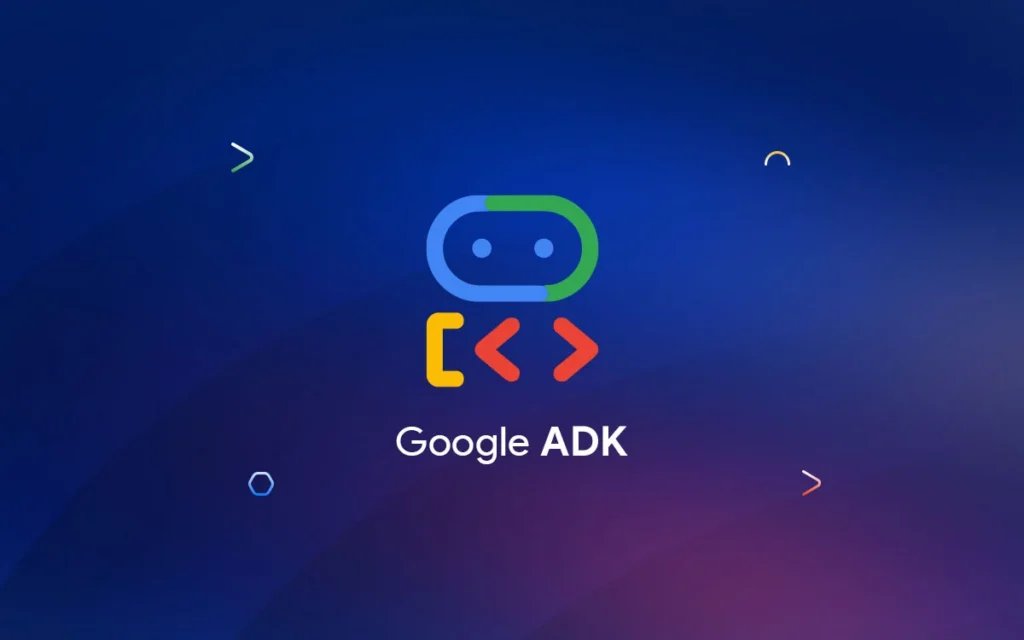
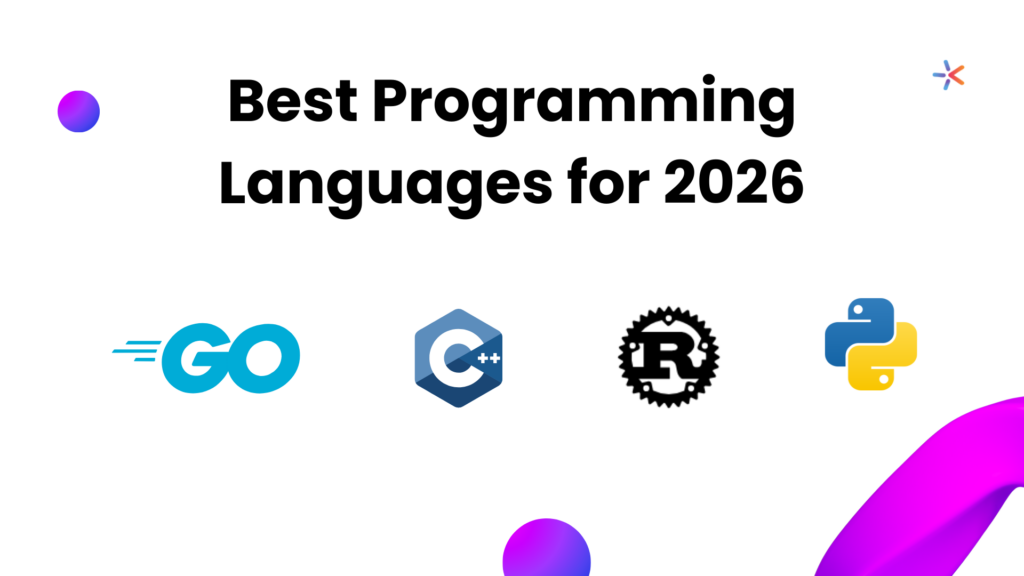
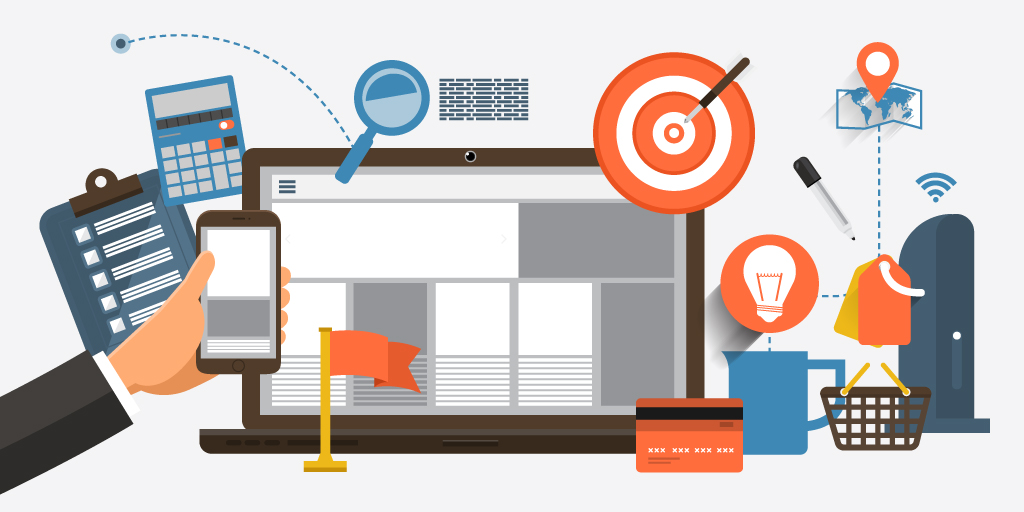
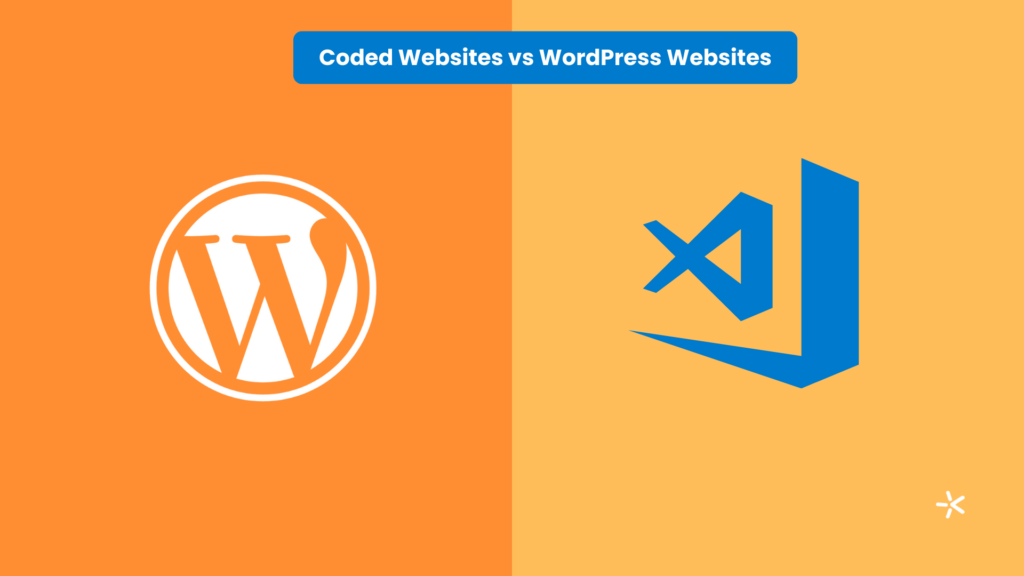
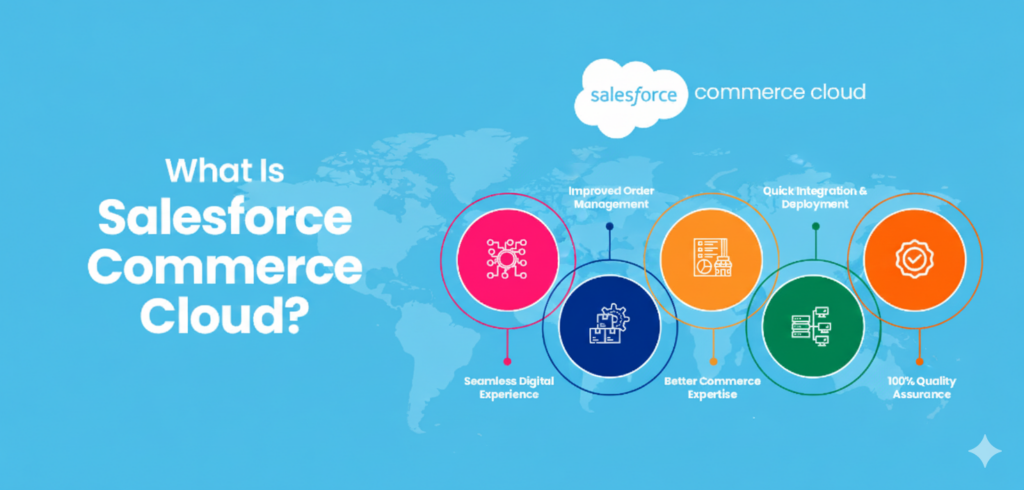


One Response
This article breaks down changes AI is bringing to healthcare in an easy-to-understand manner. I must say, I loved how you delved into both the benefits and challenges of the subject without getting overly technical. Real-life examples like those of Google DeepMind and IBM Watson make the subject feel very relevant and real. Overall, it’s a straightforward and informative read on how AI can genuinely improve patient care and shape the future of medicine.